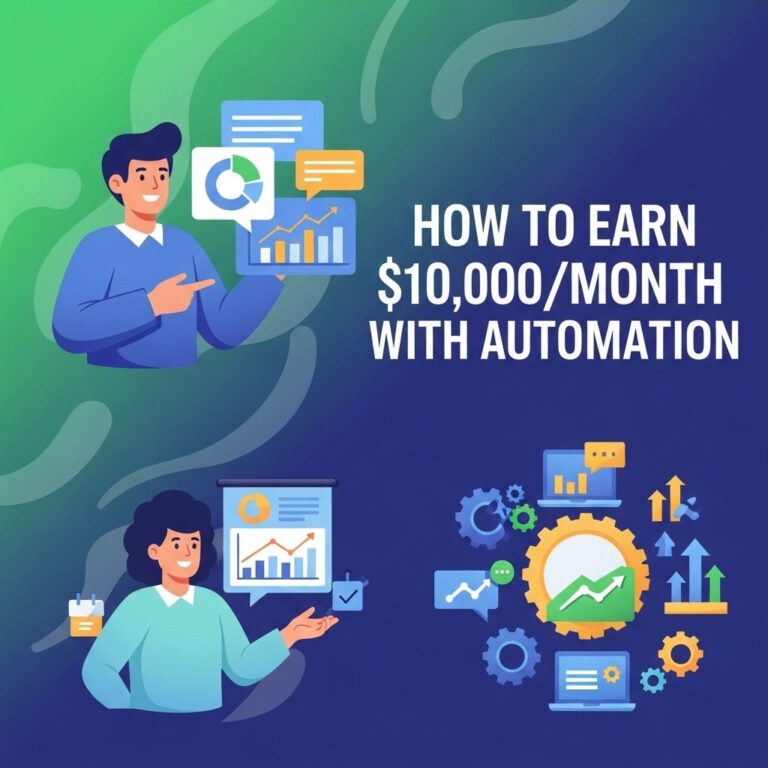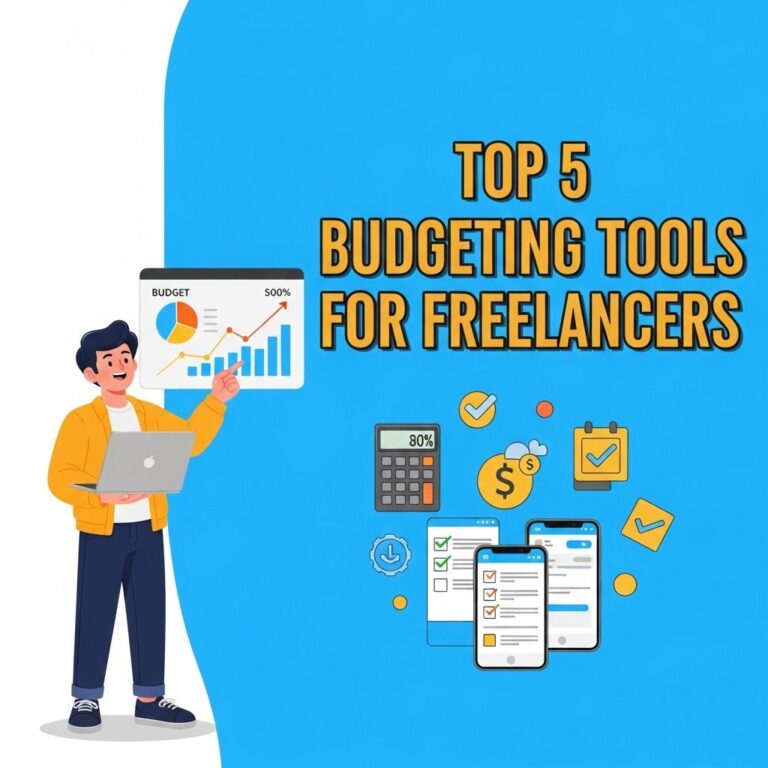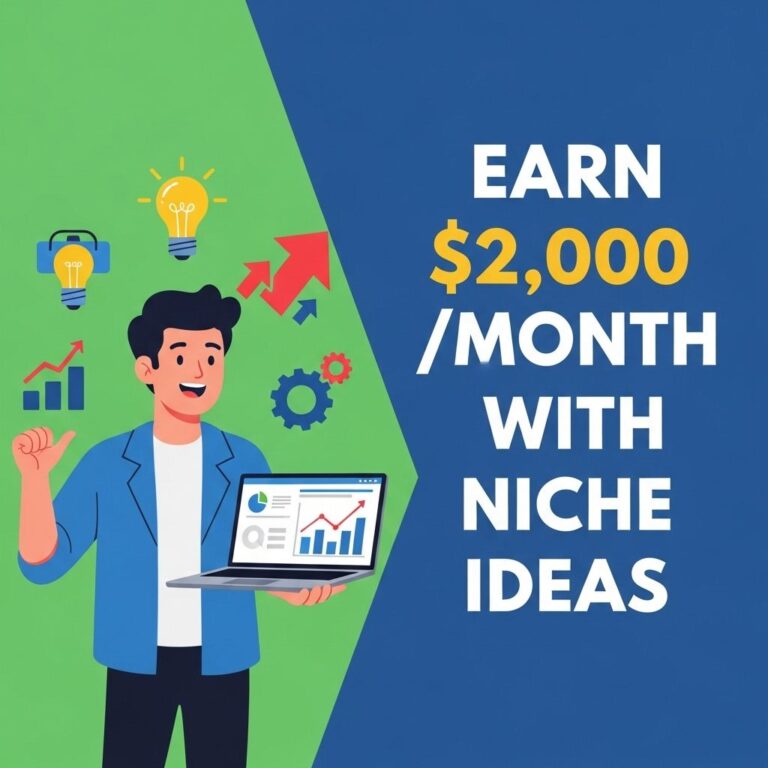The digital landscape is evolving rapidly, and tools like ChatGPT are shaping the future of content creation, customer engagement, and business automation. As communication and information-sharing platforms become increasingly sophisticated, leveraging AI technologies offers new avenues for generating revenue. In this article, we will explore effective strategies to potentially earn $10,000 a month using ChatGPT, showcasing practical applications, business models, and tips for maximizing your success.
Table of Contents
Understanding ChatGPT
ChatGPT is an advanced AI language model developed by OpenAI, capable of understanding and generating human-like text. This powerful tool can facilitate various tasks across different sectors, making it ideal for entrepreneurs and freelancers looking to monetize their skills. Before diving into strategies for income generation, it’s essential to grasp the scope of what ChatGPT can do:
- Content Generation
- Customer Support
- Social Media Management
- Language Translation
- Personalized Recommendations
Monetization Strategies
Here are some effective strategies to leverage ChatGPT for generating substantial income:
1. Content Creation Services
One of the most straightforward ways to monetize ChatGPT is through content creation. Businesses constantly need high-quality content for blogs, articles, and social media platforms. Consider the following steps:
- Identify Niches: Determine the industries you want to target (e.g., tech, health, finance).
- Create a Portfolio: Use ChatGPT to generate sample articles showcasing your writing skills.
- Market Your Services: Use platforms like Fiverr, Upwork, or your own website to attract clients.
2. Setting Up a Subscription-Based Newsletter
Another viable option is to create a subscription-based newsletter where readers pay for exclusive content generated by ChatGPT. Here’s how to start:
- Choose a Target Audience: Define the niche and audience you want to cater to.
- Provide Value: Offer insights, tips, and curated content that resonates with your audience.
- Set Up a Payment System: Utilize platforms like Patreon or Substack to manage subscriptions.
3. Developing Chatbots for Businesses
Businesses are increasingly adopting chatbots to enhance customer interactions. By using ChatGPT, you can offer chatbot development services:
- Research Business Needs: Understand different industries’ requirements for chatbot solutions.
- Create Custom Solutions: Use ChatGPT to build customized chatbots that address specific business problems.
- Provide Ongoing Support: Offer maintenance and updates for your chatbot solutions, creating a recurring revenue stream.
4. Affiliate Marketing and Product Recommendations
ChatGPT can also assist in affiliate marketing by generating tailored product recommendations:
- Identify Affiliate Programs: Join programs relevant to your niche (e.g., Amazon Associates, ShareASale).
- Create Content: Use ChatGPT to write reviews, comparisons, or product guides that include affiliate links.
- Promote Your Content: Share your articles on social media and through email marketing to drive traffic.
Best Practices for Using ChatGPT
To maximize your earning potential, consider the following best practices when using ChatGPT:
1. Quality Over Quantity
While it’s tempting to churn out as much content as possible, focus on creating high-quality, engaging material that resonates with your audience. This will improve your reputation and lead to repeat clients.
2. Continuous Learning and Adaptation
Stay informed about the latest trends in AI and content creation. Adapt your strategies based on feedback and changes in audience preferences.
3. Networking with Other Professionals
Establish connections with other entrepreneurs and professionals in your field. Collaborations can lead to new opportunities and insights.
4. Ethical Considerations
Be transparent about using AI-generated content and ensure that your work complies with copyright laws and ethical standards.
Challenges to Consider
While the potential for earning $10,000 a month with ChatGPT exists, several challenges may arise. Here are some to be mindful of:
| Challenge | Solution |
|---|---|
| Market Saturation | Differentiate your services by specializing in a niche or providing unique value. |
| Quality Control | Always review and edit AI-generated content to maintain high standards. |
| Client Acquisition | Invest time in marketing and building a personal brand. |
Conclusion
Embracing AI tools like ChatGPT opens up numerous opportunities for generating income in today’s digital era. By understanding how to apply this technology effectively, you can create a sustainable business model that provides significant earnings. Whether through content creation, chatbots, or affiliate marketing, the key lies in delivering high-quality, engaging, and valuable content that meets the needs of your target audience. Start exploring these strategies, and you may find yourself on the path to financial success.
FAQ
How can I earn $10,000 a month using ChatGPT?
You can leverage ChatGPT for various applications such as content creation, customer service automation, and personalized tutoring, allowing you to monetize these services.
What skills do I need to start earning with ChatGPT?
Basic skills in digital marketing, content writing, and an understanding of AI tools will greatly enhance your ability to earn with ChatGPT.
Is it possible to generate passive income with ChatGPT?
Yes, by creating and selling digital products, such as e-books or online courses powered by ChatGPT, you can generate passive income.
Can I use ChatGPT for freelance work?
Absolutely! Many freelancers use ChatGPT to enhance their productivity in writing, designing, or providing consulting services.
What are some successful business models using ChatGPT?
Successful models include content creation services, chatbot development for businesses, and online coaching or tutoring services.
Are there any risks involved in using ChatGPT to earn money?
Yes, potential risks include reliance on AI-generated content quality and the need to stay updated with AI regulations and ethical considerations.









